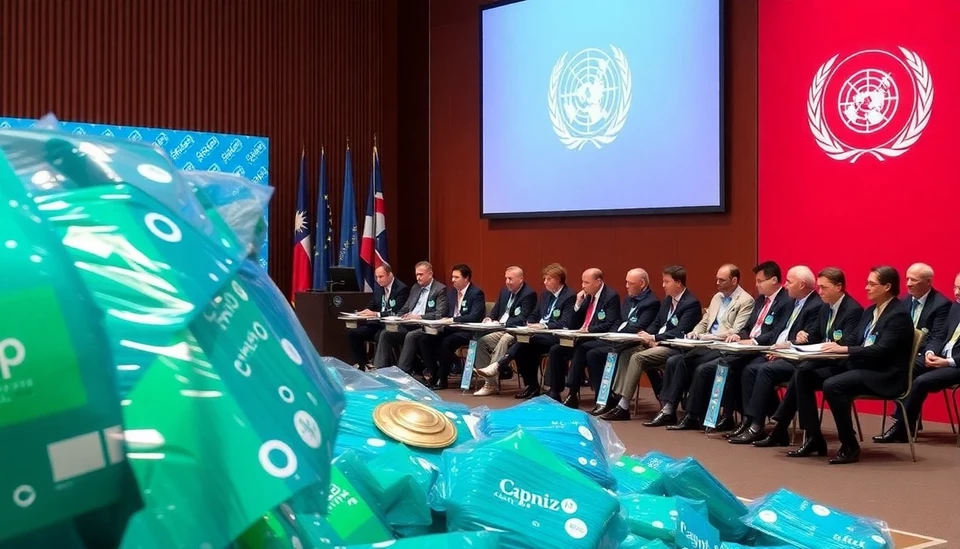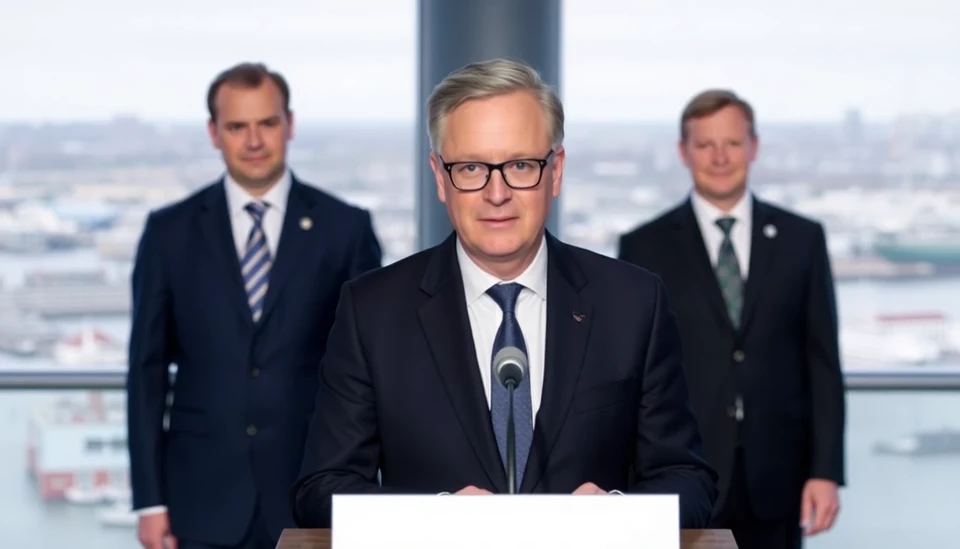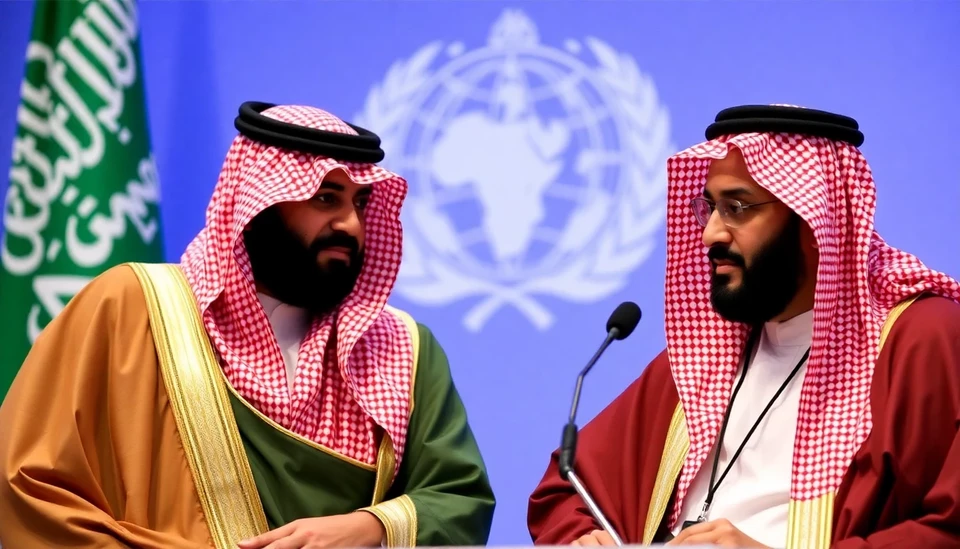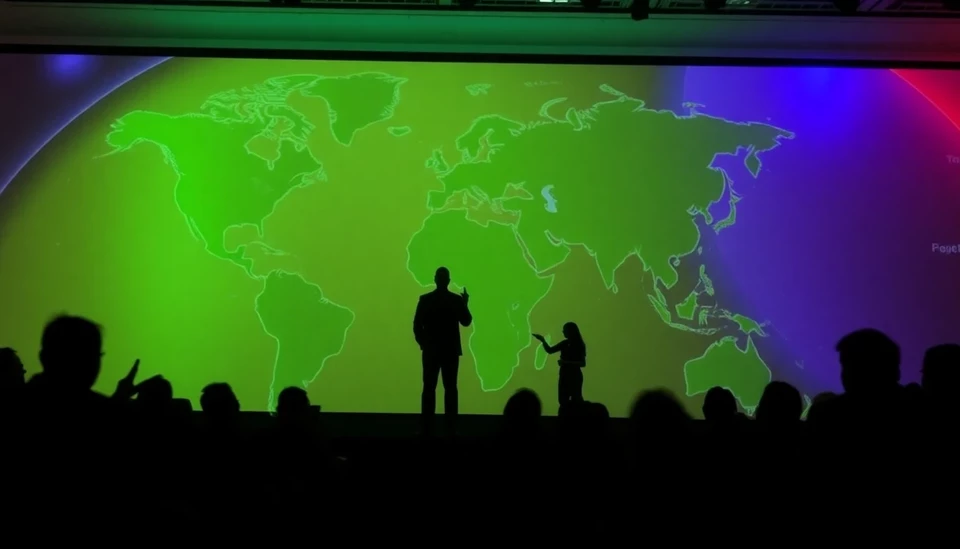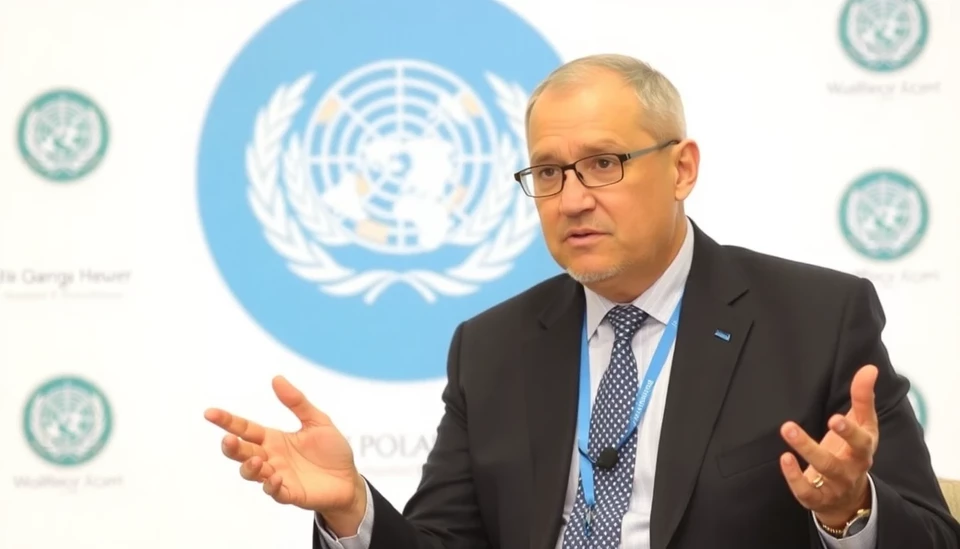
As the world grapples with escalating climate challenges, Mukhtar Babayev, the newly appointed president of COP29, expresses a cautious optimism about the potential for a significant climate deal at the upcoming conference. Taking place in the vibrant city of Dubai, the conference aims to gather nations to forge actionable solutions regarding climate change.
Babayev, who holds the position of Minister of Ecology and Natural Resources in Kazakhstan, underscores the urgency of collaborative action among countries to combat climate change effectively. He asserts that the key to successful negotiations will rely on establishing a common understanding of the pressing climate issues and proposed solutions that resonate with all parties involved.
During discussions with reporters, Babayev emphasized the necessity for countries to transcend their historical differences and focus on shared goals that can lead to effective climate initiatives. He highlighted that the meetings at COP29 will be crucial for creating a unified approach to tackling climate issues, particularly those associated with global warming and resource management.
One of the focal points of Babayev’s strategy includes advocating for innovative financing mechanisms aimed at supporting developing nations in their transition toward sustainability. He is particularly aware of the disparities in capabilities among various countries, which makes it imperative to facilitate easier access to the resources necessary for combatting climate vulnerabilities.
The COP29 president also pointed out the importance of integrating technology and innovation into climate strategies. By leveraging advancements in renewable energy and sustainable practices, nations can work toward mitigation efforts that not only address current challenges but also empower future generations. Babayev believes that cooperation among the public, private, and civil sectors will be essential in catalyzing transformative climate actions.
Another significant element of Babayev’s outlook includes ensuring that negotiations remain transparent and inclusive. He intends to create platforms for various stakeholders, including youth, indigenous populations, and vulnerable communities, to voice their concerns and suggestions regarding climate policies. By fostering an environment of inclusivity, Babayev envisions fostering broader acceptance and commitment to the resulting agreements.
With COP29 approaching, the eyes of the world are set on the potential agreements that may emerge from the summit. Babayev’s leadership is marked by dedication and determination, and he is gearing up to advocate for a deal that many hope will set a robust course for global climate action. As the urgency for concrete steps to mitigate climate change rises, Babayev appears ready to shepherd the dialogue toward fruitful outcomes.
In conclusion, COP29 under Mukhtar Babayev’s presidency presents a promising opportunity to reinvigorate global climate commitments. The belief in negotiating pragmatically and collaboratively could pave the way for a viable framework to address the pressing realities of climate change, influencing the direction of global efforts in the years to come.
#COP29 #ClimateChange #MukhtarBabayev #SustainableFuture #GlobalWarming #ClimateAction #Ecology #RenewableEnergy
Author: Peter Collins

